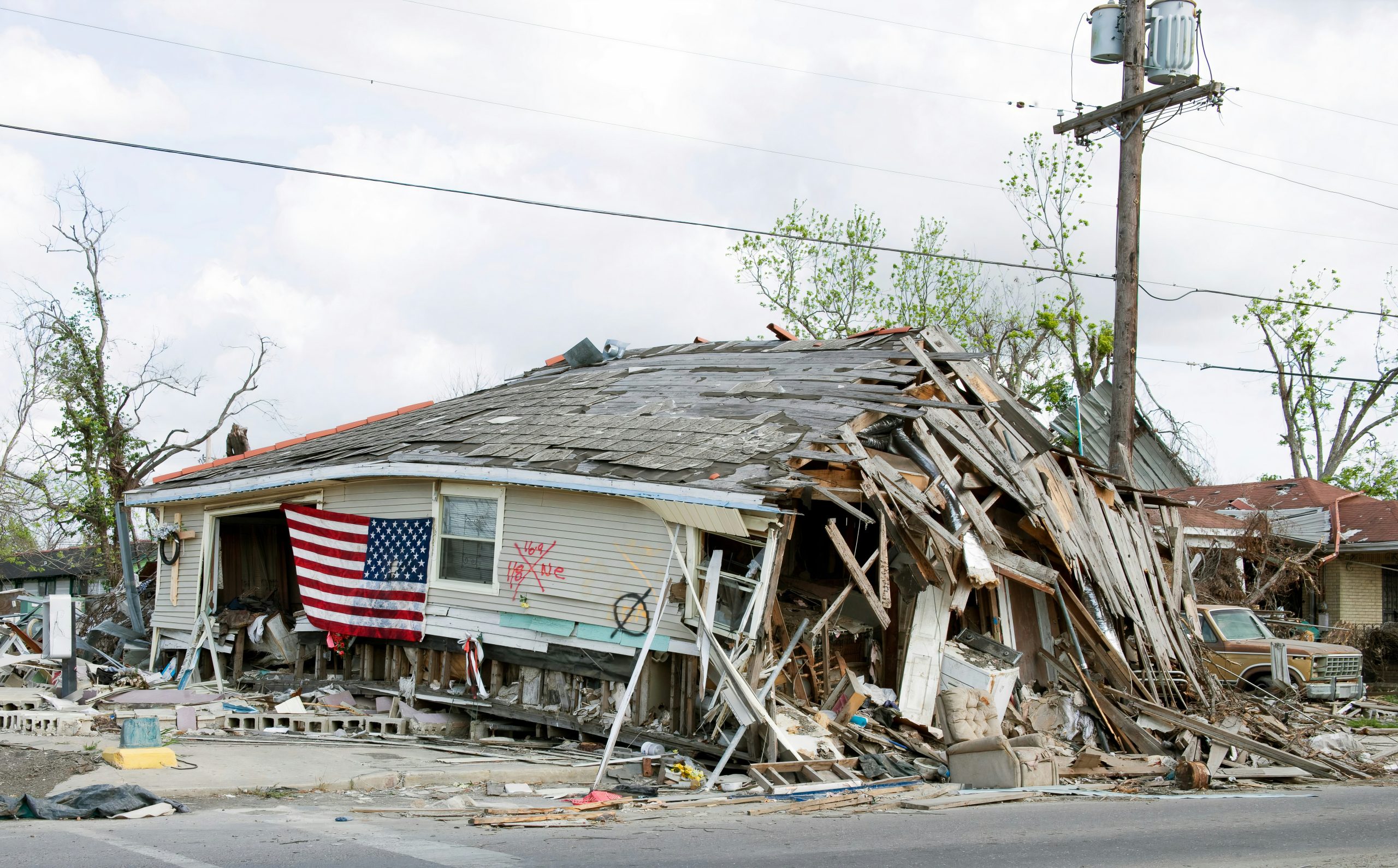Downtowns
Downtowns are the vibrant hearts of urban centers, encapsulating economic, social, and cultural vitality. By delving into downtown dynamics, CUI unravels the intricate tapestry of urban life, identifying the challenges and opportunities inherent in these bustling cores. Through engaged conversation informed by research and practical experience, CUI deciphers the evolving patterns of downtown development, shedding light on factors influencing their growth or decline, such as demographic shifts, equity issues, land use policies, transportation networks, and economic trends. Engaging dialogue among policymakers, urban practitioners, and community stakeholders aims to reveal what’s working, what’s not and what’s next. It facilitates the exchange of innovative ideas and best practices to strengthen downtown livability, sustainability, and resilience essential to the future of urban life. Downtowns are not merely geographic centers but also symbolic and functional cores of cities. They have become the microcosms of broader urban issues, including housing affordability, transportation accessibility, cultural vitality, economic dynamism, climate resilience and civic engagement. By delving into the complexities of downtown dynamics, CityTalk’s urban champions are playing a pivotal role in shaping the trajectory of Canadian cities, ensuring that downtowns remain vibrant, inclusive, and sustainable engines of prosperity for generations to come.











